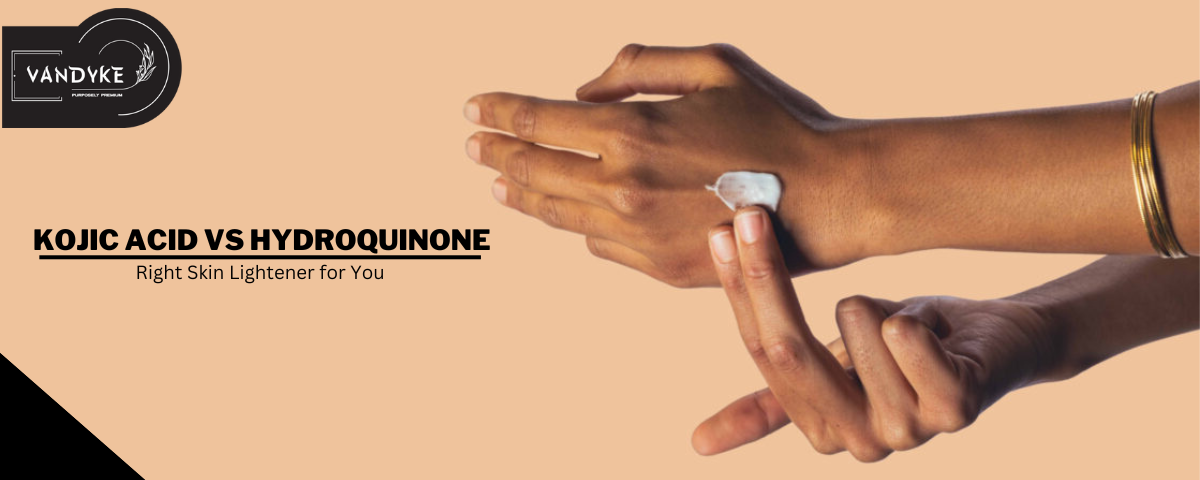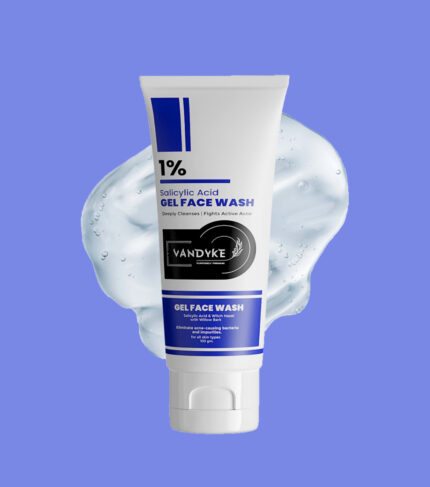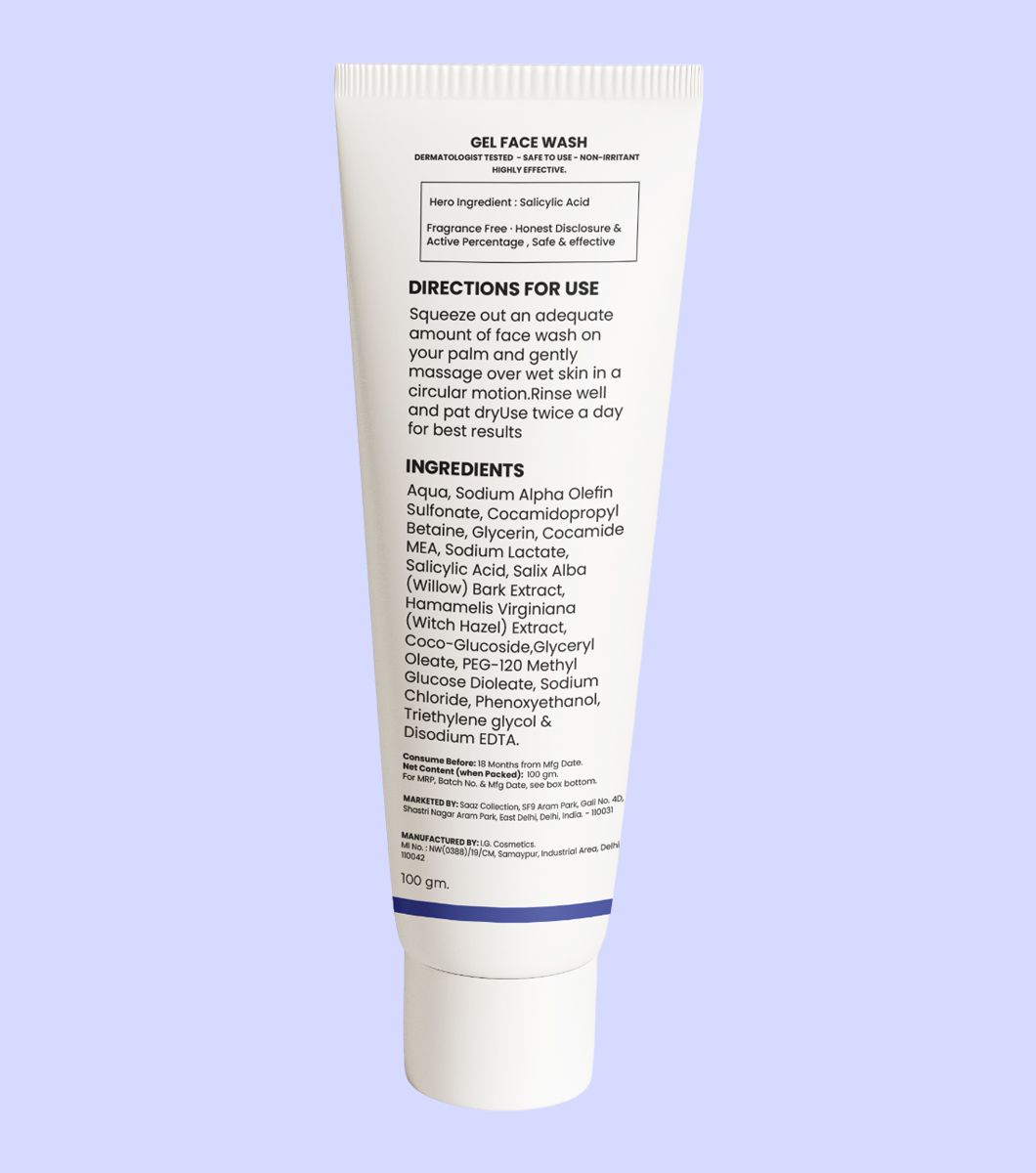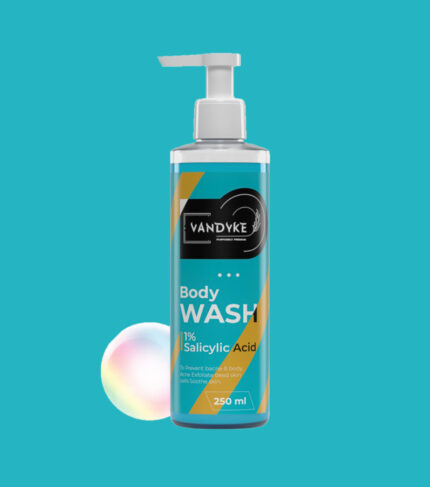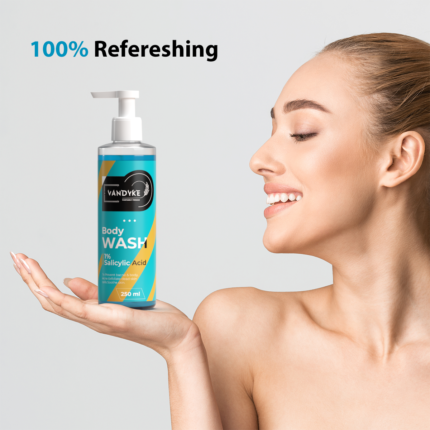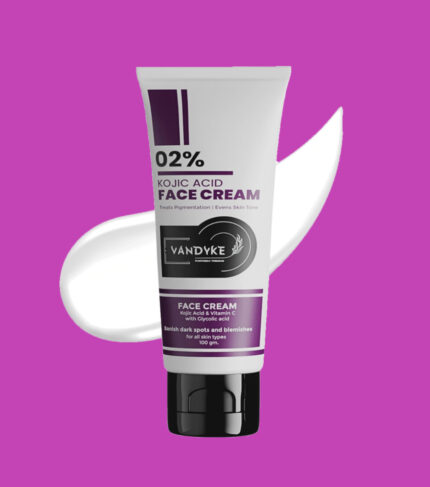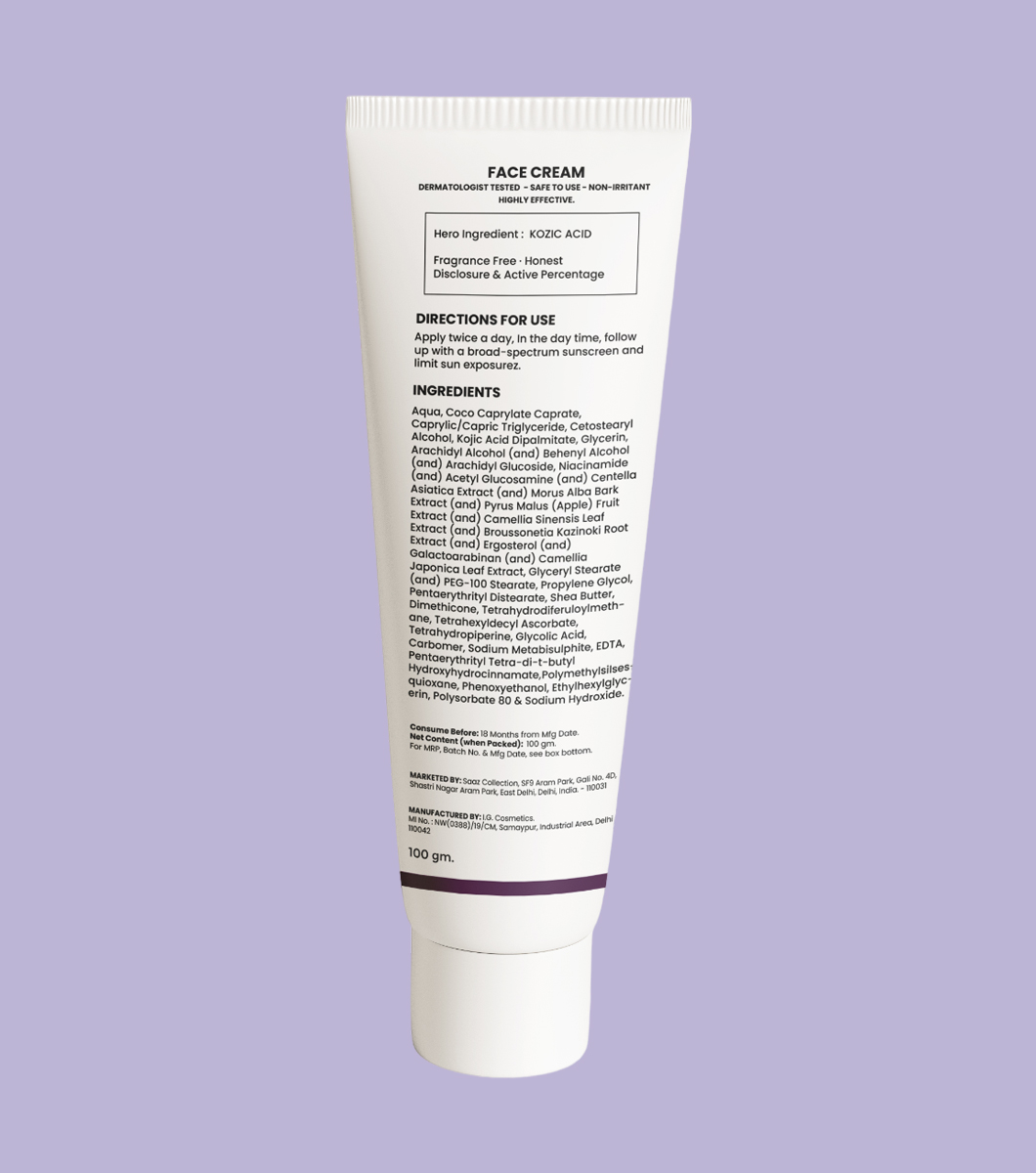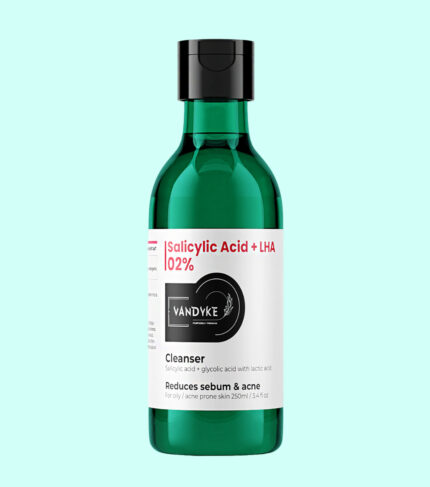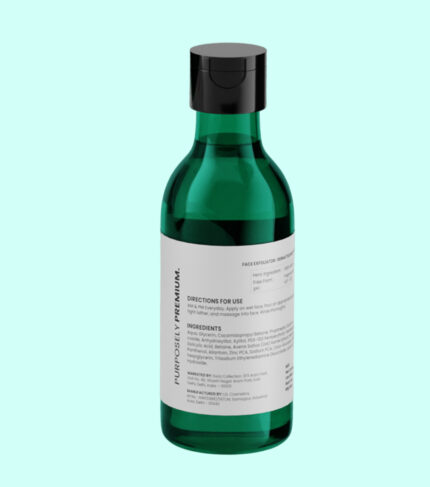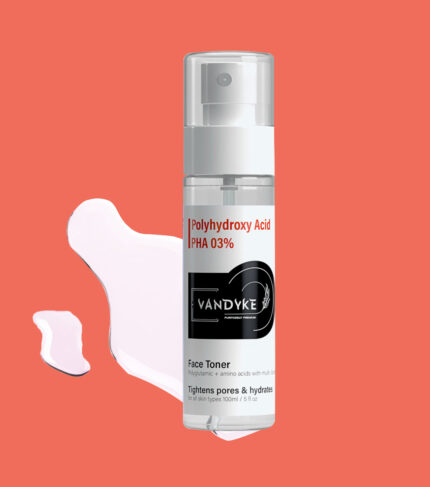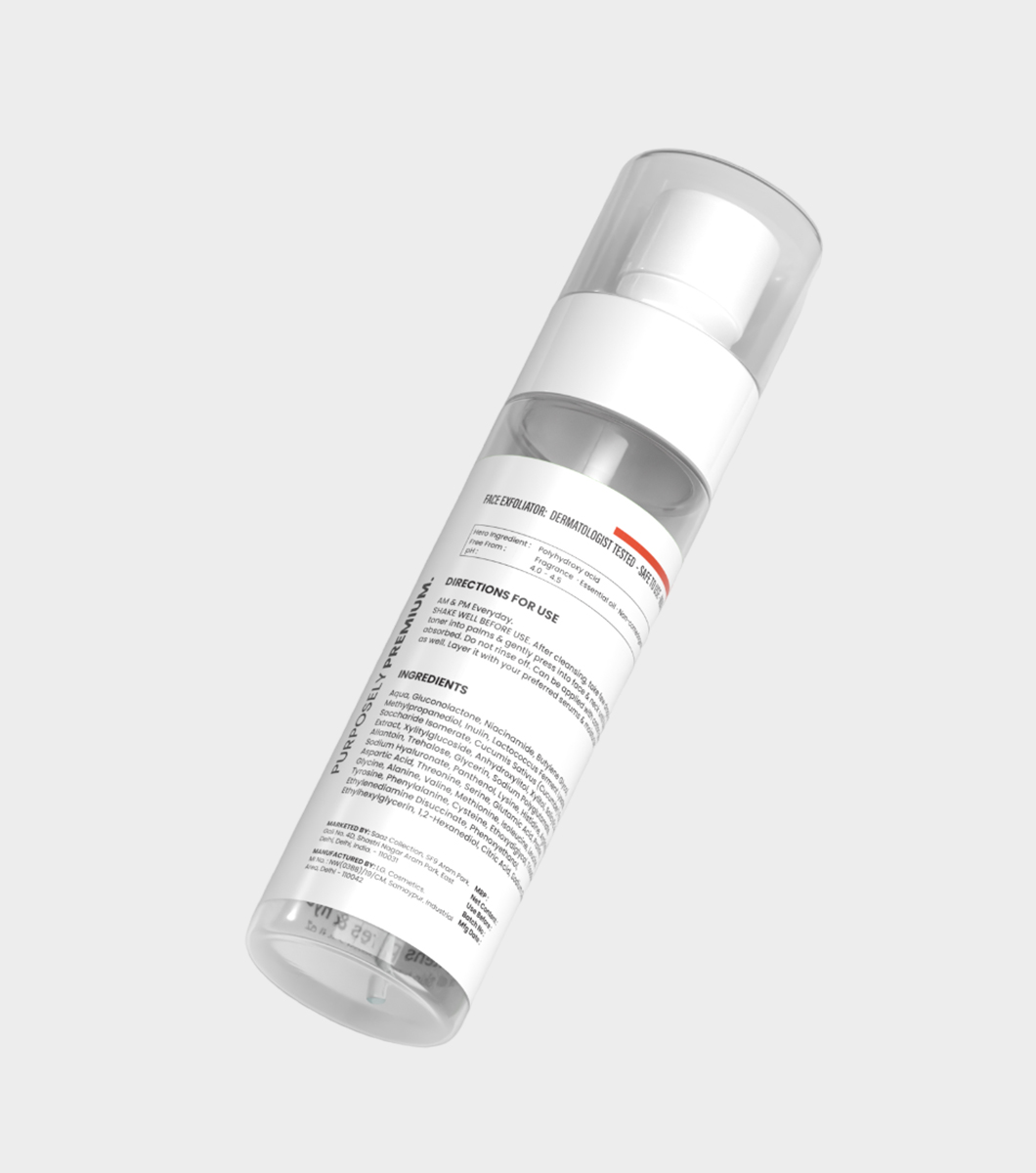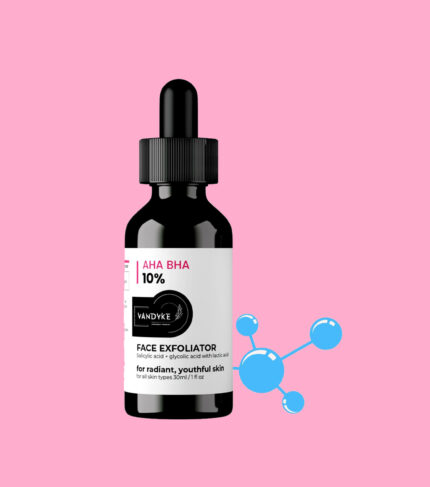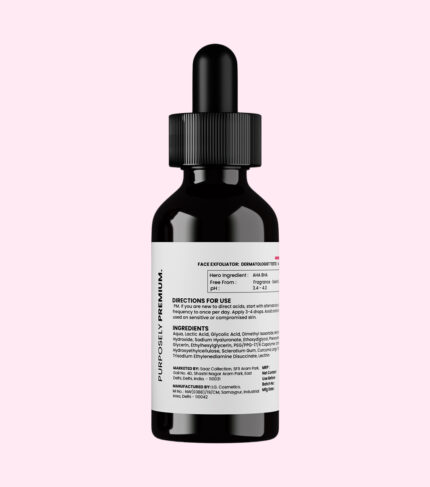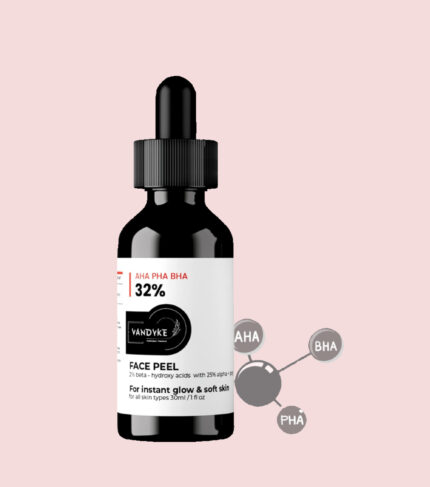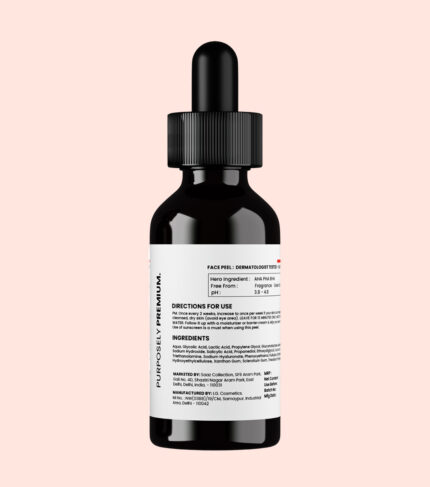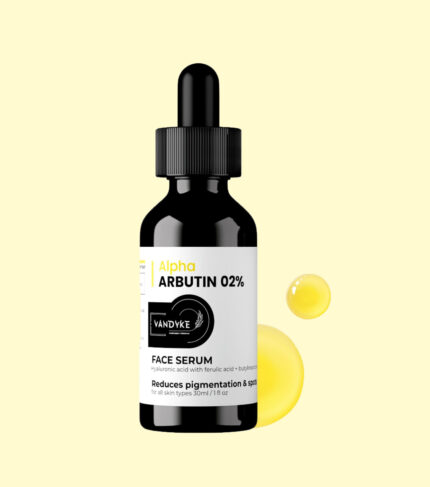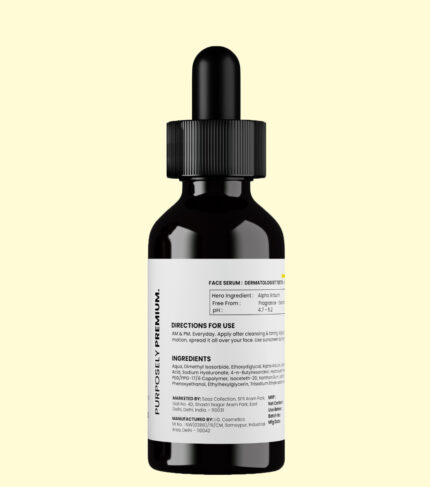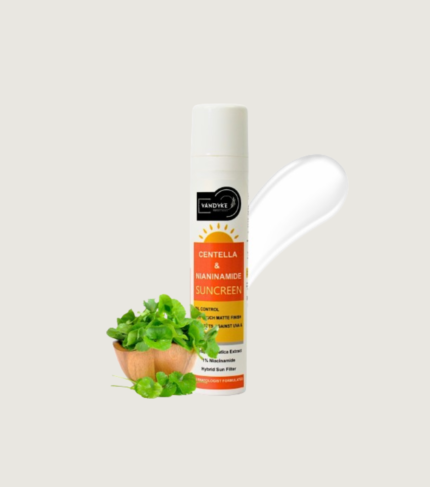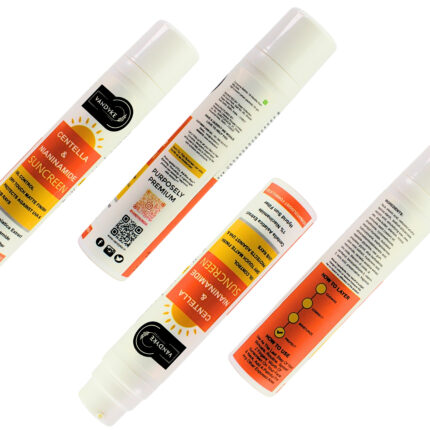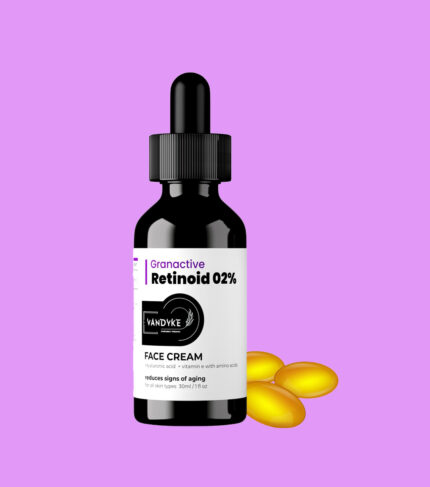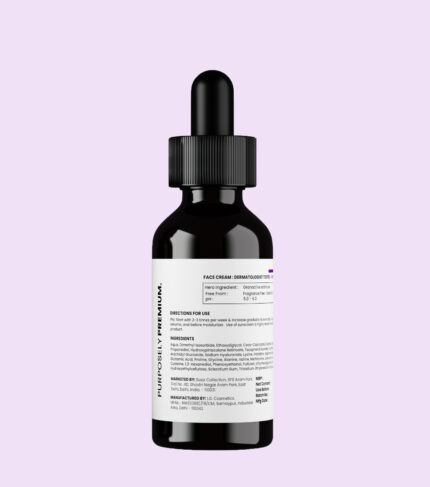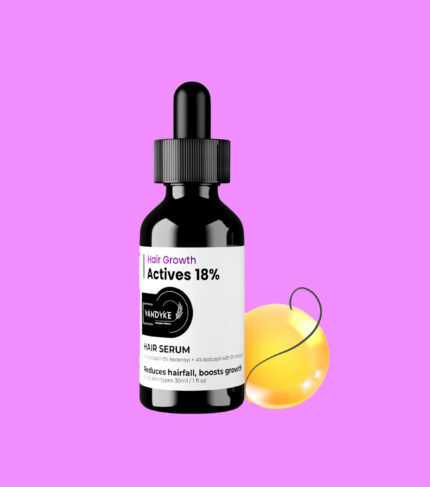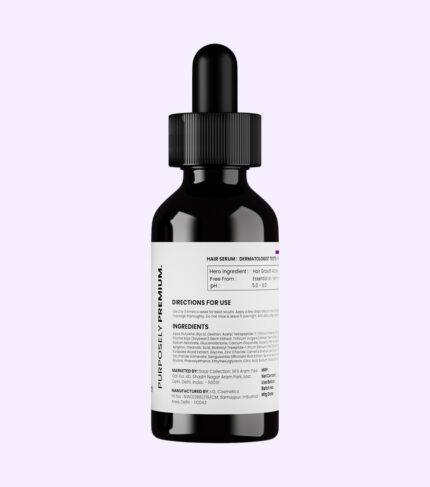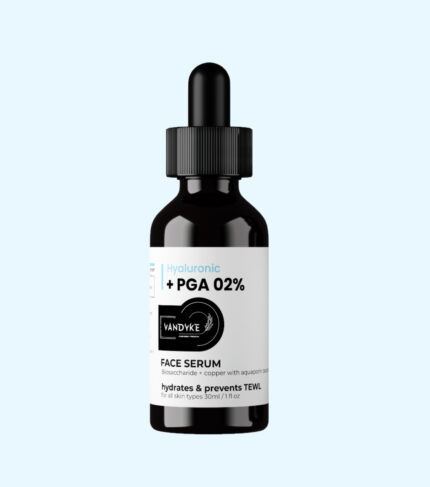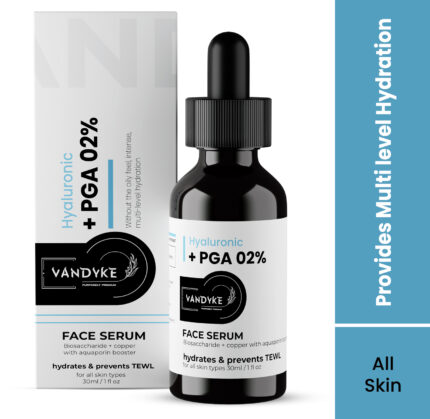Kojic Acid vs Hydroquinone Choosing the Right Skin Lightener for You
Kojic Acid vs Hydroquinone: Achieving radiant and even-toned skin is a common skincare goal for many people. Skin discolorations, such as dark spots, hyperpigmentation, and uneven skin tone, can be bothersome, leading individuals to seek effective solutions. Two popular ingredients known for their skin-lightening properties are Kojic Acid and Hydroquinone. In this comprehensive guide, Vandyke will delve into these ingredients, explore how they work, their benefits, potential side effects, and help you decide which one is the right choice for your skincare needs.
What is Kojic Acid?
Kojic Acid, a naturally occurring compound synthesized by specific fungi, particularly Aspergillus oryzae, has garnered recognition in the realm of skincare for its remarkable skin-lightening properties. This versatile ingredient operates by effectively inhibiting the action of an enzyme known as tyrosinase, a crucial catalyst in the production of melanin, the pigment responsible for determining the color of our skin. Through its ability to curtail melanin production, Kojic Acid proves to be an invaluable ally in the quest to diminish the appearance of dark spots and attain a harmoniously even skin tone.
Benefits of Kojic Acid
- Natural Origins
Kojic Acid’s natural origin is a compelling feature for individuals in search of skincare options rooted in natural ingredients and formulations. This aspect resonates with those who prioritize a more holistic and environmentally friendly approach to skincare.
-
Effectiveness Against Melasma and Hyperpigmentation
Kojic Acid demonstrates notable efficacy in the treatment of melasma, a specific form of hyperpigmentation frequently linked to hormonal fluctuations. This makes it an especially valuable choice for individuals dealing with this challenging skin condition, as it specifically targets the dark patches associated with melasma.
- Reduced Irritation Risk
In comparison to certain other skin-lightening agents, Kojic Acid tends to be gentler on the skin and is less likely to provoke irritation. This attribute renders it suitable for individuals with sensitive skin types who may be concerned about potential adverse reactions or discomfort when incorporating skin-lightening products into their routine.
Potential Side Effects
- Sun Sensitivity
Kojic Acid can increase skin sensitivity to sunlight, making sunscreen application crucial to prevent further skin damage. Choose vandyke SPF 50 sunscreen for your skin.
- Skin Irritation
While it is generally well-tolerated, some individuals may experience mild skin irritation, redness, or itching.
If you are looking for a kojic acid product to make your skin brighter, then vandyke suggests you choose kojic acid cream for your face. In cream you can choose Vandyke 2% kojic Acid Cream for your face. This is the best cream for your hyperpigmented face to make your skin brighter.
What is Hydroquinone?
Hydroquinone, a synthetic compound of considerable renown, is distinguished for its exceptional capacity to promote skin lightening. This remarkable ingredient achieves this effect by virtue of its adeptness at inhibiting melanin production, achieved through its interaction with the key enzyme, tyrosinase. Hydroquinone’s long standing and well-documented effectiveness in the realm of skin lightening has firmly established its reputation as one of the most trusted and revered ingredients for achieving this particular skincare goal.
Benefits of Hydroquinone
- Exceptional Efficacy
Hydroquinone is celebrated for its remarkable capacity to markedly diminish the visibility of dark spots, melasma, and post-inflammatory hyperpigmentation. Its effectiveness in addressing these skin concerns has made it a staple in many skincare routines.
-
Rapid Results
Users frequently report noticeable improvements in their skin tone within a relatively short span of consistent usage. This quick response time is particularly appealing to individuals who are eager to see tangible results in addressing their hyperpigmentation issues.
- Versatile Strengths
Hydroquinone offers versatility in terms of its potency. It is available in various strengths, ranging from prescription-grade formulations to over-the-counter (OTC) products. This variety enables users to choose the appropriate concentration based on their specific needs and preferences, providing a customized approach to skincare.
Potential Side Effects
- Skin Irritation
When taking hydroquinone, some people may develop skin irritability, redness, or a burning sensation.
- Hypopigmentation
Prolonged use of high-strength hydroquinone can lead to a condition called ochronosis, characterized by blue-black pigmentation.
- Sun Sensitivity
Hydroquinone can make the skin more sensitive to sunlight, necessitating the use of sunscreen. Use vandyke SPF 50 sunscreen for your skin protection.
Choosing the Right Treatment for You
When it comes to deciding between Kojic Acid and Hydroquinone, your choice should be guided by your specific skin needs, sensitivities, and personal preferences:
Opt for Kojic Acid If
- You possess sensitive skin that tends to react adversely to stronger skin care interventions.
- You lean towards a skincare regimen rooted in natural ingredients and formulations.
- You’re grappling with conditions such as melasma or other forms of hyperpigmentation triggered by hormonal fluctuations.
Opt for Hydroquinone If
- You’re contending with persistent or severe hyperpigmentation that has not shown improvement with alternative treatments.
- You prioritize achieving rapid and significant results in addressing your skin concerns.
- You have no known sensitivities or adverse reactions to hydroquinone-based products.
This considered approach ensures that you make an informed decision tailored to your individual skin requirements, comfort level, and desired outcomes.
Important Considerations
- Consult a Dermatologist
A dermatologist should be consulted before beginning any skin-lightening procedures. Depending on the type of skin you have and the specific issues you have, they can offer tailored advice.
- Patch Test
Always perform a patch test when trying a new product or ingredient to check for any adverse reactions.
- Sun Protection
Regardless of your chosen treatment, daily sun protection with sunscreen is essential to prevent further hyperpigmentation and protect your skin from harmful UV rays.
Conclusion
Kojic Acid and Hydroquinone are both effective skin lighteners, but the choice between them depends on your skin type, unique concerns, and sensitivities. Consulting with a dermatologist is highly recommended to determine which treatment aligns best with your needs, ensuring a safe and effective approach to achieving a more even and radiant complexion.
In conclusion, when addressing skin pigmentation concerns, understanding the mechanisms, benefits, and potential side effects of Kojic Acid and Hydroquinone is crucial for making an informed decision. Each treatment offers distinct advantages, and consulting with a dermatologist ensures that you choose the most suitable option for your skin, resulting in a more even and luminous complexion.
Choose vandyke skin care tips and Vandyke skin care products because we are;
“Purposely Premium”

